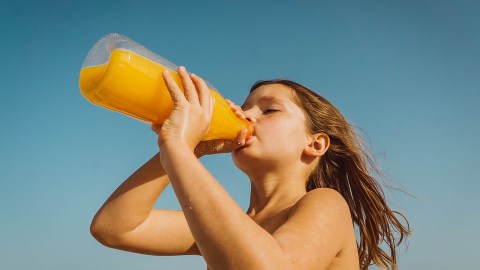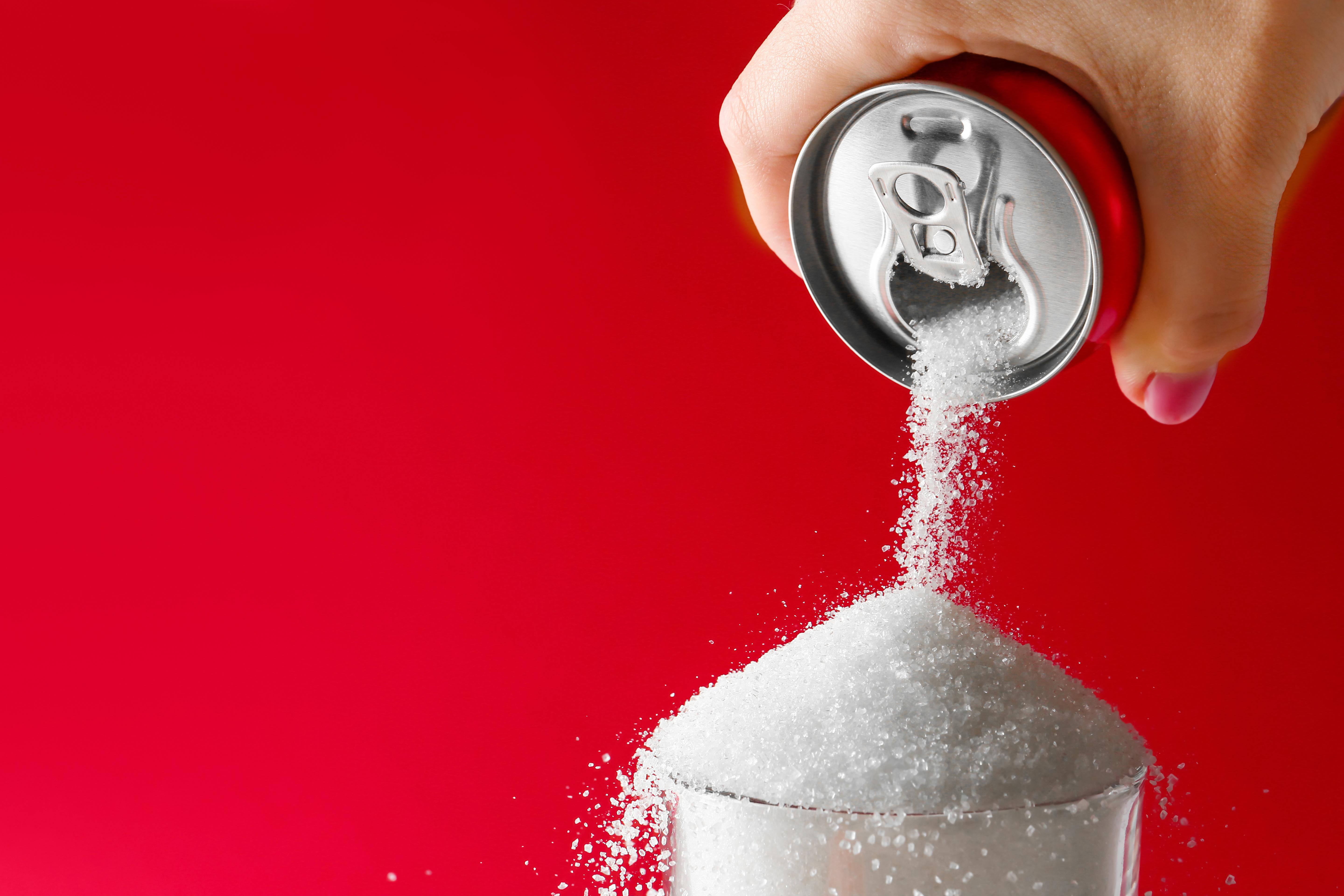Juice is terrible for children. Why do we keep giving it to them?

Quick: think back to childhood (if you’ve reached the scary clown you’ve gone too far). What did your parents or guardians give you to keep you quiet? If you’re anything like most parents, it was juice. But here’s the thing: juice is bad for you.
According to pediatric professors Erika R. Cheng, Lauren G. Fiechtner and Aaron E. Carroll, writing inThe New York Times, a 12oz glass of orange juice has about 10 teaspoons of sugar, the same amount as a can of full-calorie soda. That alone should be enough to scare off a parent, but the immediate reaction is often, “Yeah, but at least fruit juice has vitamins in it.” This is true: the same 12oz glass of orange juice has 170mg of vitamin C… but your daily requirements max out at 90mg for men and 75mg for women, the rest is excreted as urine. So, sure, yeah, we’ll accept the fact that juice has vitamins in it. But so does a hamburger and so does Nyquil, and I can assure you that a night with those two is much more of a party than a glass of juice.
So what you’re left with after hitting your vitamin needs is a ton of sugar. With juice, you’re consuming all the sugar and none of the fiber, so while you may be having a fruit basket’s worth of fruit in your juice drink you’re skipping over the good part—the fiber—of the fruit entirely and just mainlining the sugar straight into your bloodstream. And all this sugar in the blood (albeit naturally occurring sugar) leads to obesity. 18.4% of American children are overweight, and juice is likely an often unthought-of culprit in the fight against obesity.
Is juice the nicotine of the kindergarten class? Are we raising a generation of juiceheads, unable to get through the morning without a sweet sip of the literally-sticky-icky? The results are clear. From Parenting.com:
The body responds by producing a large amount of insulin, a hormone that sweeps sugar out of the blood and into body cells. Blood-sugar levels may then drop so quickly, your child may feel shaky or sluggish. Not surprisingly, low blood-sugar levels can trigger a craving for more sweets, which creates a vicious cycle of sugar highs and lows.
This is a video of a baby trying soda for the first time. The reason she acts this way is the huge amounts of sugar she’s just taken in. Notice how she goes right back? Sugar, like drugs, is highly addictive.





